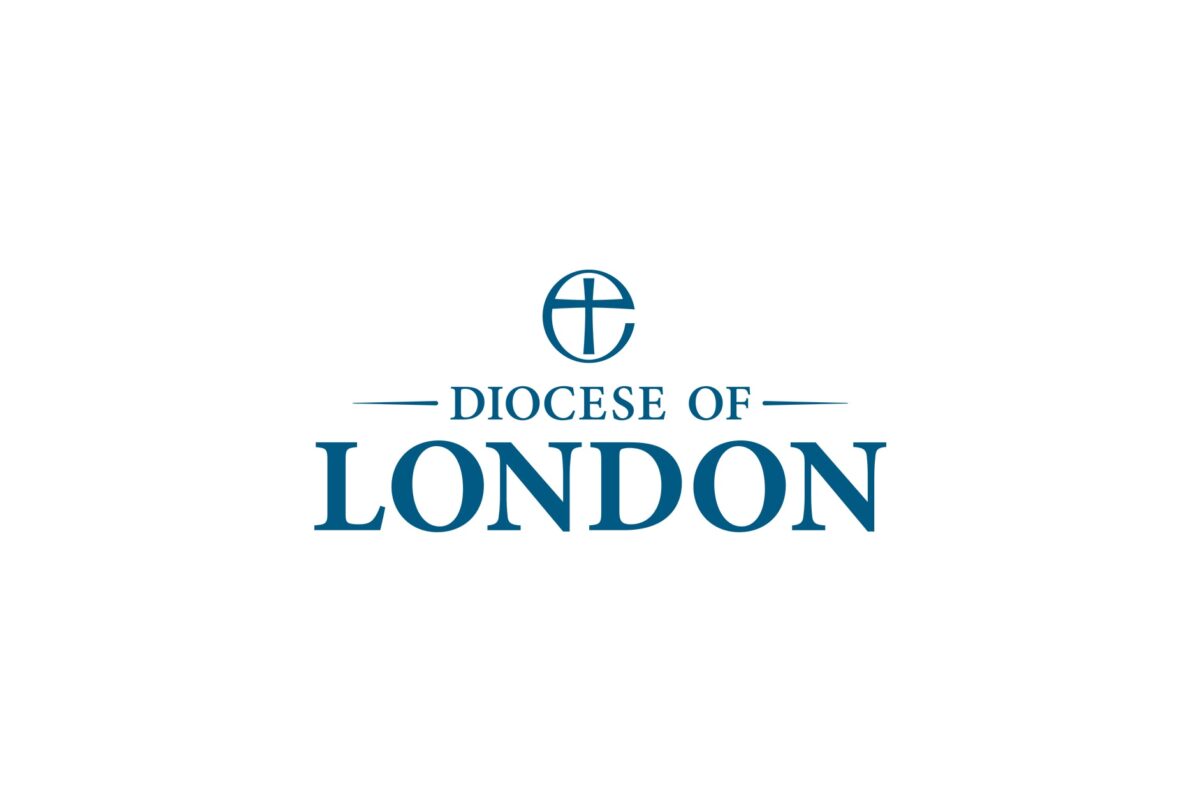The LDF is better positioned to support the needs of parishes and the 2030 Vision as a result of churches responding to the LDF Survey earlier in the year.
Parishes were asked for feedback about the quality and frequency of support they receive from LDF teams and suggestions for improvement. This year, the survey also included a set of 2030 Vision questions to provide a picture of what parishes are focussing on around our three ambitions (Confident Disciples, Compassionate Communities and Creative Growth) and our three priorities (Growing Younger, Safer Churches and Racial Justice). These ‘vision’ answers will help us better meet your needs and also make links between parishes to aid mission. One in four parishes responded to the survey – an indicative but not comprehensive sample. Most of the people completing the survey were clergy.
When asked to rate the LDF services a third of all responses were ‘excellent’ across all areas, and 62% of all responses were ‘good’ or ‘excellent’. This is a marked improvement from the 2021 survey, although the sample size was smaller. 6% of responses rated a service poorly, down from 17% in 2021.
There are significant improvements in the ratings, especially from the Housing Team and the Safeguarding Team.
“We are really grateful to those who took the time to respond to the survey,” said Oliver Home, General Secretary. “The LDF exists to serve and support parishes in their mission, giving focus to our diocesan vision and priorities. This survey, along with other feedback, helps us to do that better. We are encouraged that changes made since 2021, including increased investment in our Safeguarding and Property Teams, have made a difference. Having started in role this autumn, these responses provide further learning to help us improve further.”
Some general observations:
- Results show that the more frequently parishes engage with the services offered, the more satisfied they are with them.
- There is still a lack of awareness and understanding of the support some teams offer, which is a repeat of comments in the 2021 survey.
- Lack of capacity or overstretch is suggested as a possible reason for slow responses.
- Training is the most frequent request.
The LDF staff are looking at all the survey results in detail within their teams, to develop their operational plans for 2024 with the scoring, requests, experiences and comments in mind. They will be reaching out to specific parishes who asked for more support or information.
There will also be a deliberate effort in 2024 to communicate to parishes the support each team offers, and how to access it.
Thank you again to those who gave their feedback, allowing the LDF to better understand the needs of parishes and to improve its support services.
